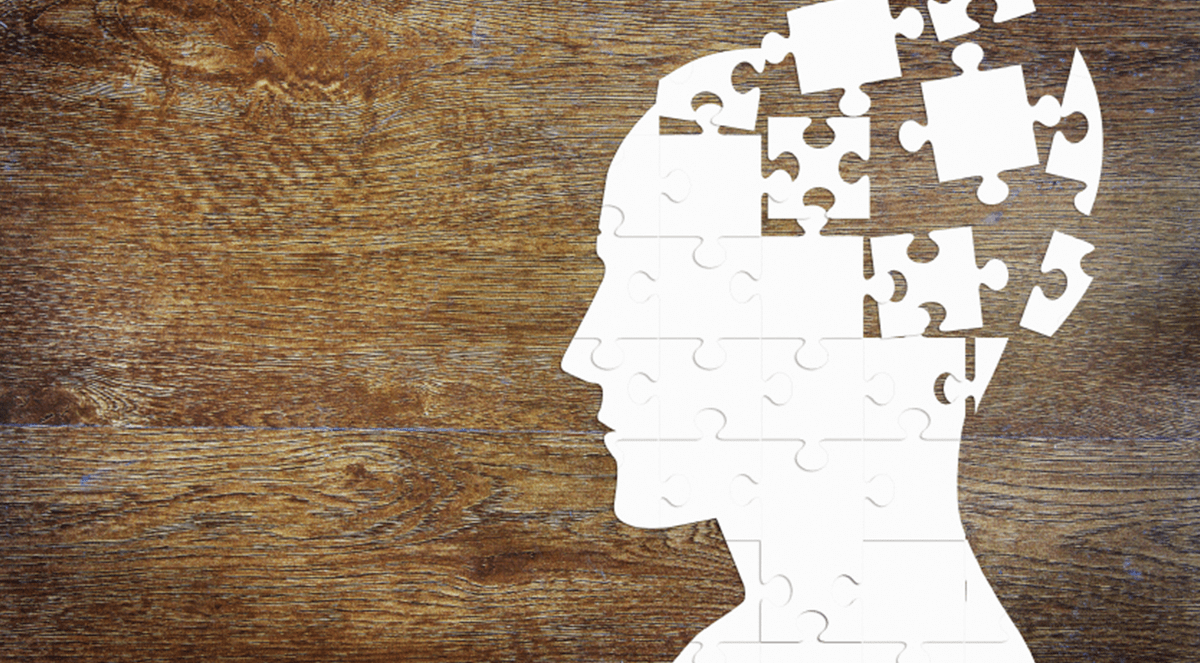Major Depressive Disorder (MDD) is a prevalent and debilitating mental health disorder. Among different therapeutic approaches (e.g., medication, psychotherapy), psychotherapy in the form of cognitive behavioural therapy (CBT) is considered the gold standard treatment for MDD. However, while efficacious, CBT is not readily accessible to many patients in need due to hurdles like stigma, long wait times, high cost, the large time commitment for health care providers, and cultural/geographic barriers. Online delivery of CBT (e-CBT) can effectively address many of these accessibility barriers.
This study aims to investigate the efficacy and feasibility of implementing an e-CBT program compared to in-person treatment for MDD. It is hypothesized that the e-CBT program will offer comparable results to the in-person treatment program regarding symptom reduction and quality of life improvement.
This non-randomized control trial intervention will provide e-CBT for MDD through the Online Psychotherapy Tool (OPTT), a secure, cloud-based, digital mental health platform. Participants (age: 18-65 years) will be offered 12 weekly sessions of an e-CBT program tailored to MDD to address their depressive symptoms. Participants (n = 55) will complete pre-designed modules and homework assignments while receiving personalized feedback and asynchronous interaction with a therapist through the platform. Using clinically validated symptomology questionnaires, the efficacy of the e-CBT program will be compared to a group (n = 55) receiving in-person CBT. Questionnaires will be completed at baseline, week 6, week 12, and at a 6-month follow-up. Focus groups will be conducted to investigate personal, cultural, and social factors impacting the accessibility and feasibility of implementing an online psychotherapy clinic from a patient and care provider perspective. Inclusion criteria include diagnosis of MDD, competence to consent to participate, ability to speak and read English, and consistent and reliable access to the internet. Exclusion criteria include active psychosis, acute mania, severe alcohol or substance use disorder, and/or active suicidal or homicidal ideation.
Ethics approval was obtained in January 2019 and recruitment of participants began in June 2019. Recruitment has been conducted via social media, web-based communities, and physician referrals. To date, there have been 52 participants recruited to the e- CBT group and 48 patients to the in-person CBT group. Data collection is expected to conclude by March 2021, and analyses are expected to be completed by September 2021 with linear regression (for continuous outcomes) and binomial regression analysis (for categorical outcomes) being conducted.
The results from this study can provide valuable information used to develop more accessible and scalable mental health interventions with increased care capacity for MDD, without sacrificing the quality of care.
ClinicalTrials.Gov Protocol Registration and Results System (NCT04478058); clinicaltrials.gov/ct2/show/NCT04478058.
Feasibility and Efficacy of Delivering Cognitive Behaviour Therapy through Online Psychotherapy Tool (OPTT) for Depression: Protocol.


